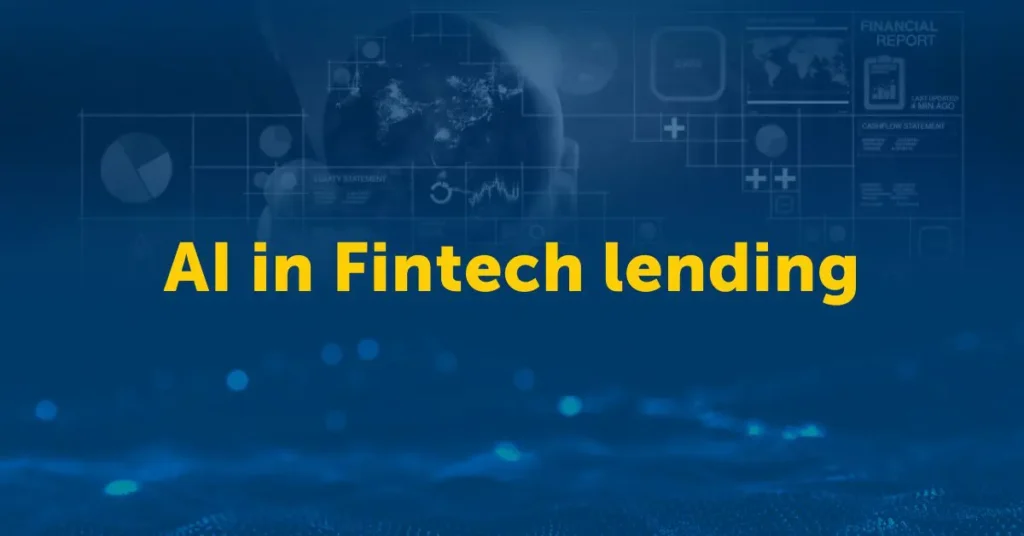Key Takeaways:
- Discover how consumer data powers informed lending decisions in the Fintech industry.
- Understand the different types of consumer data used in lending.
- Examine ethical considerations and privacy concerns associated with data use.
- Learn about successful case studies demonstrating the benefits of data-driven lending decisions.
- Explore external threats and how data security can be fortified in the Fintech sector.
- Consider the future trends and innovations in data usage for lending decisions.
The Role of Consumer Data in Fintech
In the ever-evolving landscape of fintech, consumer data is a crucial driver of innovation and growth. By meticulously analyzing data patterns, companies can create tailored financial solutions. This data-driven approach not only allows lenders to understand customer needs better but also facilitates the design of products that enhance user experience and satisfaction. Moreover, integrating consumer data underpins strategic decision-making, enabling fintechs to respond swiftly to market changes and consumer demands.
Types of Consumer Data
Various types of consumer data offer invaluable insights for the fintech industry. Transactional data, covering the details of consumers’ financial activities, provides a direct view into spending habits, while credit histories illustrate borrowers’ past credit behaviors and reliability. Additionally, with the rise of digital footprints from social media platforms and e-commerce activities, fintech companies can access a broader scope of information to evaluate consumer preferences and potential risks. Cane Bay Partners applies these data sources to support fintech firms in making more informed, data-driven decisions. By combining these diverse data sources, institutions can construct a more holistic picture of consumer profiles.
Benefits of Data-Driven Lending Decisions
Deploying data-driven models in lending decisions marks a significant advancement in the fintech industry. With sophisticated analytical tools, firms can more accurately assess credit risk, decreasing default rates and increasing profitability. Consulting experts often assist in developing and implementing these models, ensuring they align with regulatory standards and business goals. The tailored financial products that result from these analyses mean better interest rates, loan terms, and personalized financial advice for consumers, which enhances customer loyalty and retention. Ultimately, this connection of data intelligence and lending strategy optimizes outcomes for both lenders and borrowers.
Ethical Considerations and Privacy Concerns
While data presents immense opportunities, it also poses considerable ethical challenges, particularly concerning privacy. Fintech companies must navigate a delicate balance between data utilization and consumer rights. Adhering to stringent privacy regulations and implementing transparent data policies are fundamental to cultivating trust. For instance, Cane Bay, Virgin Islands, operates within a regulatory environment emphasizing data protection, highlighting the importance of compliance in cross-border fintech operations. Explicit user consent for data collection and usage is crucial to avoiding unethical practices undermining consumer confidence. This diligence ensures that fintech companies maintain their reputations while leveraging data responsibly.
Addressing Security Concerns in Fintech
The increased reliance on consumer data elevates the significance of security within the fintech sector. Implementing robust security measures, such as data encryption and comprehensive authentication protocols, is crucial for protecting sensitive consumer information. Furthermore, regular security audit insights from McKinsey & Company are essential for identifying vulnerabilities and strengthening defenses against cyber threats. Maintaining high data security standards safeguards consumer privacy and preserves company integrity.
Future of Fintech: Trends and Innovations
Fintech is set for continued transformation, with emerging technologies such as artificial intelligence and machine learning poised to redefine data usage in lending. Predictive analytics will enable fintech to anticipate consumer needs and trends, while blockchain technology promises to enhance security and transparency. These innovations will likely drive more efficient, secure, and personalized banking experiences, setting the stage for a new era of financial services that prioritizes consumer-centric solutions.
Conclusion
The harnessing of consumer data is revolutionizing the fintech industry, paving the way for more intelligent, precise lending decisions. By embracing data-driven strategies, fintechs can offer innovative solutions that cater to consumers’ evolving needs, ensuring sustainable growth and enhanced financial inclusion. In an era where data is invaluable, its responsible use will define the future of finance and the equitable delivery of financial services worldwide.


